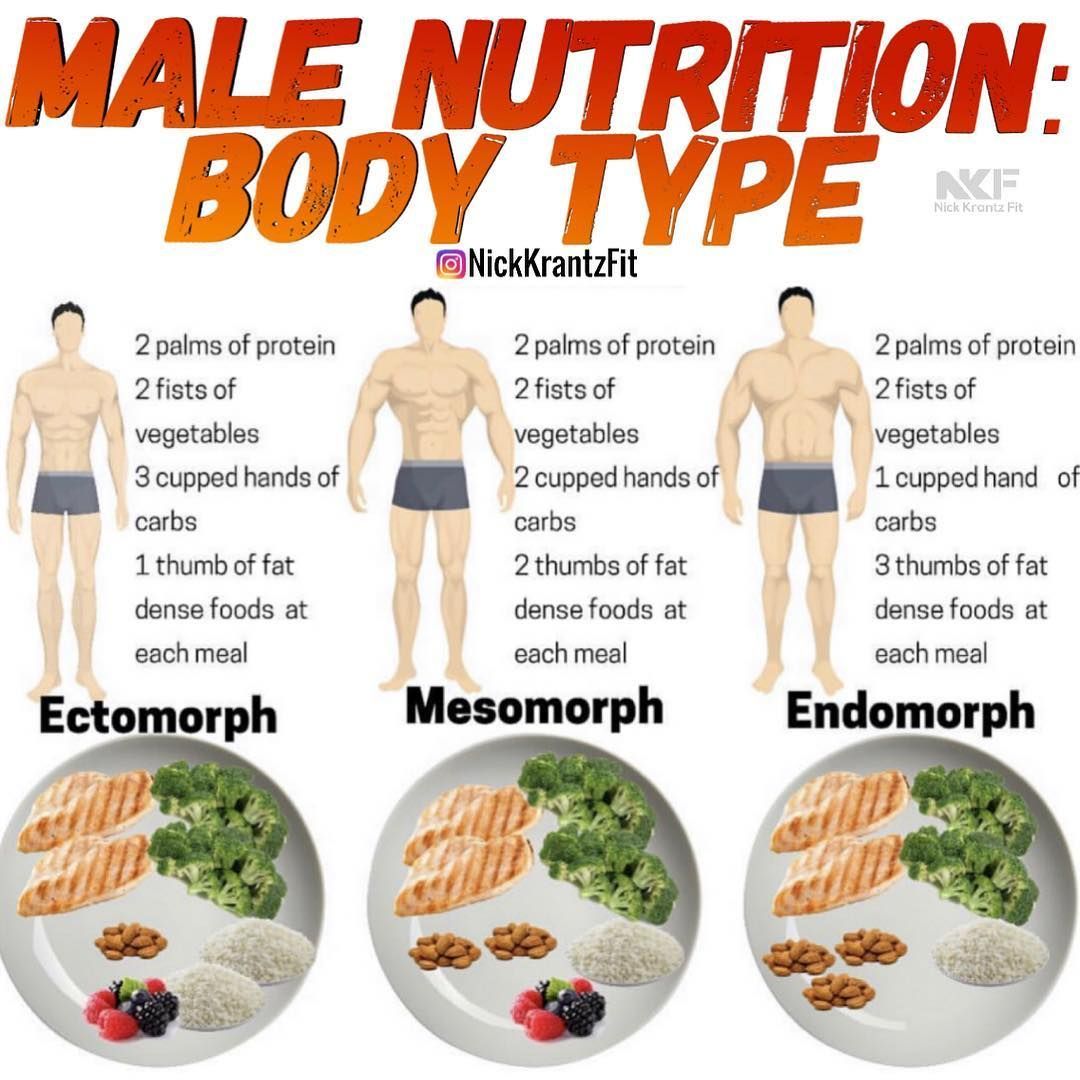As we age, our bodies undergo various changes, including a loss of muscle mass. This process, known as sarcopenia, can lead to decreased strength, mobility, and overall quality of life. However, with the right nutrition strategies, it is possible to maintain muscle mass and slow down the effects of aging on muscle health. In this article, we will explore some essential tips for nutrition that can help you preserve your muscle mass as you age.
Consume Adequate Protein
Protein is the building block of muscles, and it becomes even more critical as you age. Consuming adequate protein can help prevent muscle loss and promote muscle gain. Experts recommend consuming about 1 to 1.2 grams of protein per kilogram of body weight. Include protein-rich foods in your diet, such as lean meats, poultry, fish, eggs, dairy products, legumes, and tofu.
Stay Hydrated
Staying hydrated is essential for overall health and muscle function. Water is involved in various bodily functions, including transporting nutrients to your muscles and flushing out waste products. Aim to drink at least eight glasses of water per day, and more if you engage in intense physical activity. Additionally, include hydrating foods in your diet, such as fruits, vegetables, and soups, to maintain optimal hydration levels.
Include Healthy Fats
Contrary to popular belief, fats are not the enemy. Healthy fats are essential for hormone production, joint health, and muscle function. Including sources of healthy fats, such as avocados, nuts, seeds, olive oil, and fatty fish like salmon, in your diet can provide the necessary nutrients to support muscle health. However, it is important to consume fats in moderation, as they are calorie-dense.
Consume Antioxidant-Rich Foods
As we age, our bodies are more susceptible to damage caused by free radicals, which can contribute to muscle loss. Including antioxidant-rich foods in your diet can help combat oxidative stress and protect your muscles. Foods such as berries, dark leafy greens, colorful vegetables, and green tea are excellent sources of antioxidants that can support muscle health and overall well-being.
Avoid Excessive Added Sugars
Excessive consumption of added sugars can not only lead to weight gain but also negatively impact muscle health. High sugar intake has been linked to inflammation, insulin resistance, and muscle wasting. Limit your consumption of sugary beverages, desserts, and processed foods, and opt for natural sweeteners like fruits or other healthier alternatives like stevia.
Consider Supplements
While a well-balanced diet should provide most of the necessary nutrients, certain supplements can support muscle health as you age. Consult with your healthcare provider or a registered dietitian to determine if supplements, such as whey protein, creatine, or omega-3 fatty acids, are appropriate for you. These supplements, when used correctly, can provide additional support for muscle maintenance and overall well-being.
Engage in Regular Resistance Training
Proper nutrition is only one part of the equation for maintaining muscle mass. Regular resistance training or strength training exercises are crucial to stimulate muscle growth and prevent muscle loss. Incorporate exercises that target major muscle groups at least two to three times per week. Start with lighter weights and gradually increase the resistance to challenge your muscles.
Aging might bring changes to our bodies, but it doesn't mean that we have to endure significant muscle loss. By following these nutrition tips and combining them with regular exercise, particularly resistance training, you can maintain your muscle mass and enjoy a healthier, more active life as you age. Remember, no matter what stage of life you are in, taking care of your muscles is essential for overall well-being.



